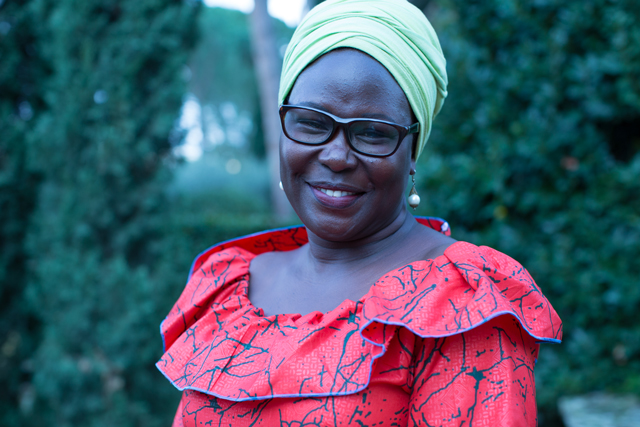
Kampala, Uganda | THE INDEPENDENT | Small and medium women entrepreneurs have asked the government and financial institutions to streamline financing models to suit the nature of their businesses.
This follows a study on the impact of financing sources for women and how COVID-19 affected their livelihoods. The study, by the Ministry of Gender, shows that both domestic and externally-funded programs have had a less-than-desired impact on the livelihoods of women, with many of them, either remaining at the same level of development or declining.
According to the study, slightly more than a third of the businesses financed by the specialized financing programs have recorded either no or slight improvement. Businesses that have grown to bigger levels succeeded because of a combination of factors like the entrepreneurial skills of the owners, good sources of funds and the type of sector invested in.
But, many businesses were affected by the lockdown when activities were shut down and some entrepreneurs could not keep the capital safe, leading to the collapse of their businesses.
Dr Agnes Atim Apea, the Executive Director of Hope Development Initiative, who has been working with rural-based women entrepreneurs especially in Northern Uganda, says that sometimes, the funding programmes are not well-designed for the purpose. Apea suggests a system through which businesses will be recognised in their ‘informal’ way, with some requirements being waived.
The Bill and Melinda Gates Foundation, one of the biggest funders of SMEs in Uganda, acknowledges that the financing products for women enterprises in Uganda have got to be designed based on the social uniqueness of Ugandan women. Sybil Chidiac, the Senior Program Officer on Gender Equality at the foundation cites the cooperatives or women savings groups, that can be a good channel for effectively funding women enterprises.
Meanwhile, Dr Apea condemns the reference to women entrepreneurship as a social business, where even the private sector lenders of commercial banks view them as a responsibility of the civil society. She says this attitude leaves out women from the sectors that should be funded as commercial enterprises.
The Uganda Investment Authority says they made quick surveys around the country to understand more about the financial needs of women especially after the lockdown, and are trying to come up with solutions. Sheila Mugyenzi, the Director for Investments Promotion at UIA says, for example, they are partnering with commercial banks that agree to introduce tailor-made products for women SMEs, like low-cost loans and where the collateral is not a requirement.
Both the Ugandan government and the World Bank fear that the pandemic will have long-term effects on the female economy compared to that of men, mainly because of the social set-ups especially in developing countries like Uganda.
The Permanent Secretary and the Gender Ministry, Aggrey Kibenge says most of the short term effects like school drop-outs, job layoffs and gender-based violence, will have lagging effects on women than on men, hence the need to lay the foundation for their economic health now.
Axiom Zorn, a data collection and analysis company that develops digital-based financing solutions for banks and other lenders. The Chief Executive Officer, Carol Kyazze Kakooza, says they have developed a lending product where a bank can use one’s profile regarding business, financial transactions and personal assets, to determine their creditworthiness without staking their properties, for a loan. Two banks have so far taken up the idea.
She also urges the banks to start mobile money-based commercial credit. Currently, some banks have partnered with telecom companies to give loans, but these are for one-month periods and a high-interest rate of 9 per cent.
********
URN
 The Independent Uganda: You get the Truth we Pay the Price
The Independent Uganda: You get the Truth we Pay the Price

